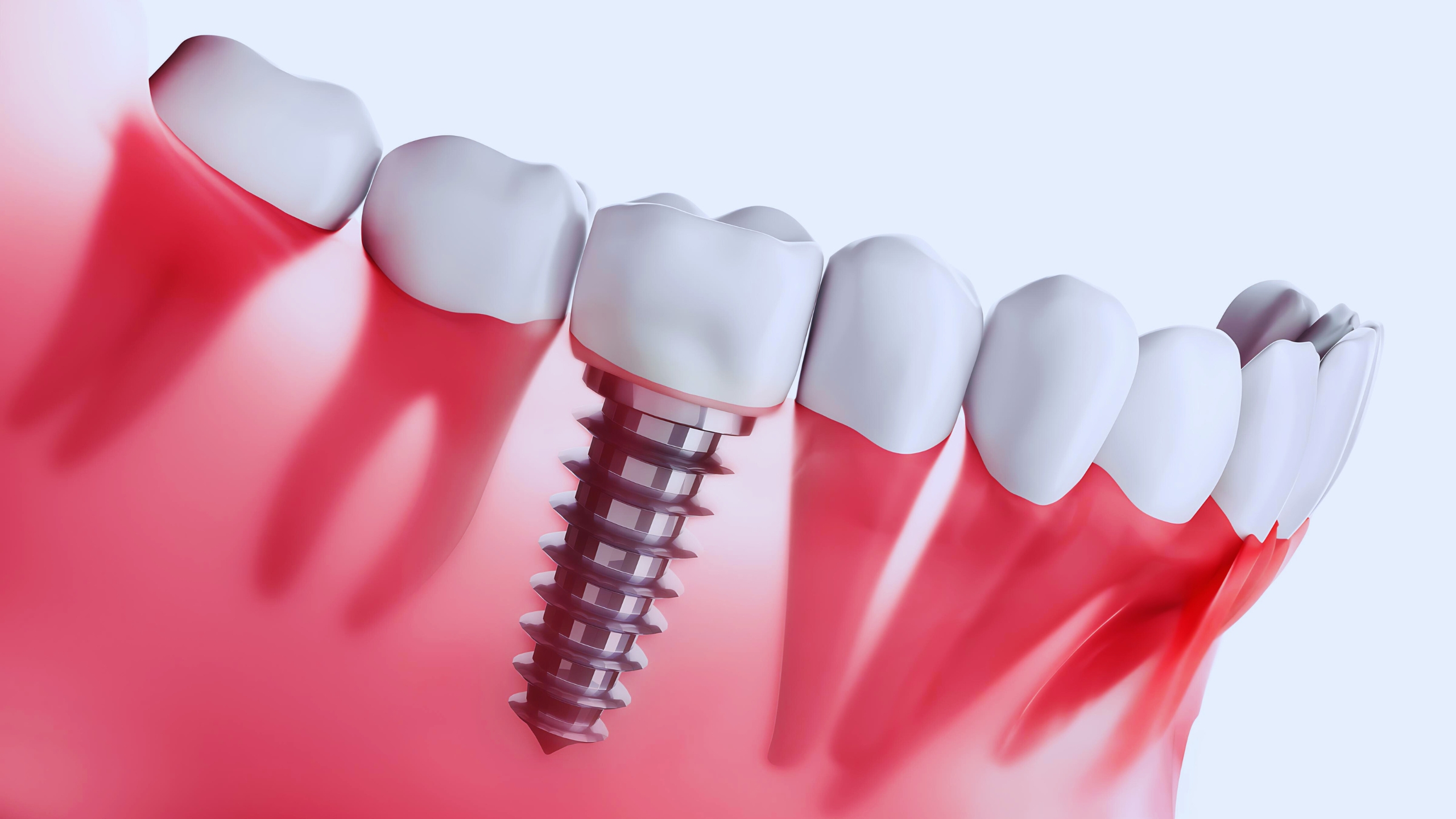
Dental implants have revolutionized the field of dentistry by providing a durable and aesthetically pleasing solution for missing teeth. They offer a long-term solution that mimics natural teeth in function and appearance. In this guide, we will explore everything you need to know about dental implants, including the procedure, expectations, benefits, and aftercare.
Understanding Dental Implants
Dental implants are titanium posts surgically inserted into the jawbone beneath the gum line. These posts act as artificial tooth roots, providing a stable base for mounting replacement teeth, such as crowns, bridges, or dentures.
The Dental Implant Procedure
Initial Consultation and Planning
The journey to getting dental implants begins with a thorough consultation. During this phase, we conduct a comprehensive dental examination, including X-rays and 3D imaging, to assess the condition of your jawbone and determine the optimal placement for the implants.
Surgical Placement of the Implants
The surgical phase involves several key steps:
- Anesthesia:Local or general anesthesia is administered to ensure comfort during the procedure.
- Incision and Bone Preparation:A small incision is made in the gum to expose the jawbone. Using specialized instruments, we prepare the bone to receive the implant.
- Implant Placement:The titanium implant is carefully inserted into the prepared site. The gum is then sutured over the implant to allow for healing.
Osseointegration
Osseointegration is the critical process where the jawbone fuses with the implant. This phase can take several months, during which the implant becomes securely anchored in the bone.
Abutment Placement
Once osseointegration is complete, a minor surgical procedure is performed to attach an abutment to the implant. The abutment serves as a connector between the implant and the replacement tooth.
Placement of the Prosthesis
The final step involves creating and attaching the custom-made dental prosthesis. Impressions of your teeth are taken to design a replacement tooth that matches the size, shape, and color of your natural teeth.
Benefits of Dental Implants
Dental implants offer numerous advantages:
- Durability:Implants are designed to last many years, often a lifetime with proper care.
- Functionality:They restore full chewing ability, allowing you to eat your favorite foods without restriction.
- Aesthetics:Implants provide a natural look and feel, enhancing your smile and overall appearance.
- Bone Health:Implants stimulate the jawbone, preventing bone loss and maintaining facial structure.
Aftercare and Maintenance
Proper care is essential to ensure the longevity and success of dental implants. Here are some tips:
- Oral Hygiene:Brush and floss regularly to keep the implant and surrounding gums healthy.
- Regular Check-ups:Visit your dentist for routine check-ups and cleanings.
- Avoid Harmful Habits:Refrain from smoking and excessive alcohol consumption, as these can affect healing and implant stability.
Potential Risks and Complications
While dental implants have a high success rate, there are potential risks and complications, including:
- Infection:Post-surgical infection can occur if proper oral hygiene is not maintained.
- Implant Failure:Rarely, the implant may fail to integrate with the jawbone.
- Nerve Damage:Improper placement can lead to nerve damage, causing pain or numbness.
Conclusion
Dental implants are an excellent solution for replacing missing teeth, offering durability, functionality, and aesthetic benefits. By understanding the procedure, benefits, and aftercare involved, you can make an informed decision about whether dental implants are right for you. For optimal results, it is crucial to follow your dentist’s instructions and maintain good oral hygiene practices.